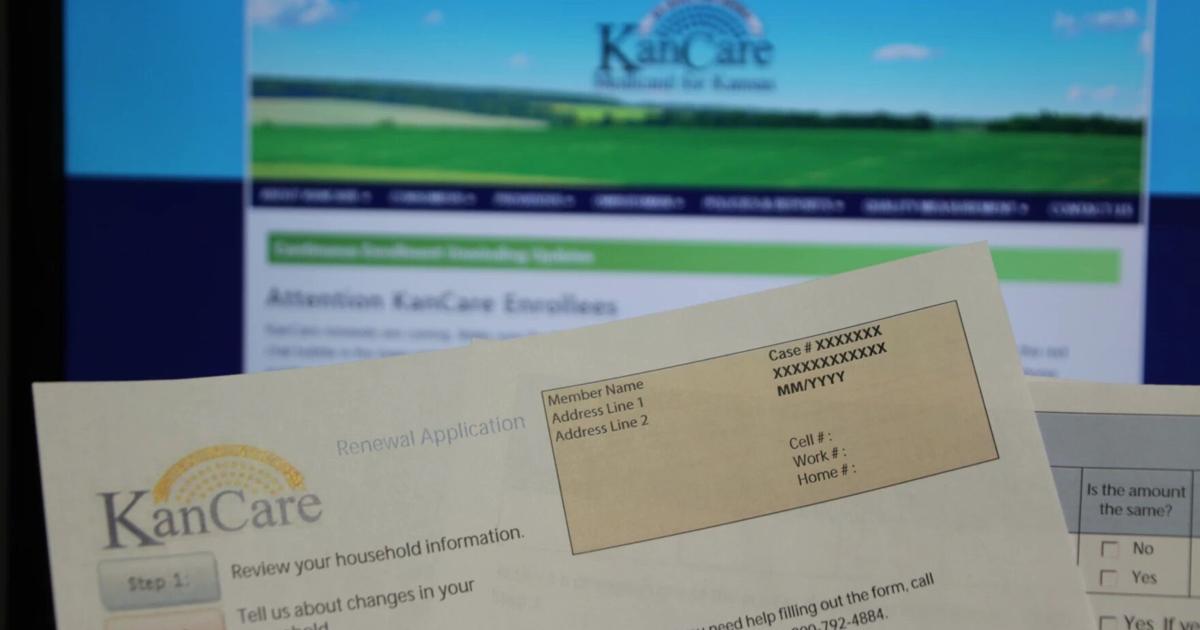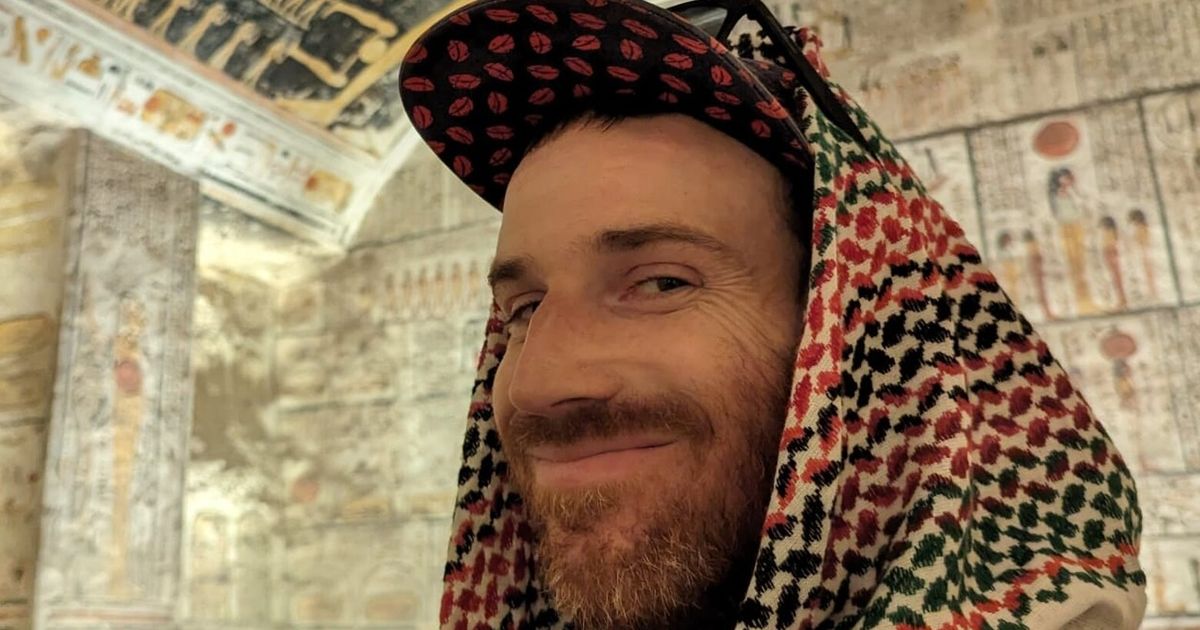Duterte's ICC Troubles: Could a Move Abroad Be Legally Possible?

President Rodrigo Duterte’s legal team is exploring an intriguing possibility: relocating him to a third country while he faces potential trial at the International Criminal Court (ICC). Lawyer Arnedo Valera suggests that international law might offer a pathway for this, sparking debate and raising complex legal and political questions.
The ICC Investigation and Duterte's Concerns
The ICC has been investigating alleged human rights abuses linked to Duterte's 'war on drugs' campaign. Duterte has consistently denied any wrongdoing and fiercely criticised the ICC, refusing to cooperate with the investigation. He has also questioned the legitimacy of the court and its jurisdiction over the Philippines.
Valera's Argument: International Law and Transfer
Valera’s argument centres on the potential application of international law principles regarding the treatment of individuals facing legal proceedings. He believes a transfer to a third country could be legally justifiable under certain circumstances, although he hasn't specified which country is being considered. The specifics of such a transfer would depend on various factors, including the willingness of the third country to accept Duterte and the legal framework governing such agreements.
Legal Hurdles and Potential Challenges
While Valera’s suggestion presents a novel legal strategy, it faces significant hurdles. The ICC has its own rules and procedures regarding the presence and cooperation of accused individuals. A transfer to a third country would likely require the ICC’s approval, which is far from guaranteed. Moreover, the Philippines would need to secure the agreement of a willing third country, which could be politically sensitive given the international scrutiny surrounding Duterte’s human rights record.
Political Ramifications and Public Opinion
Beyond the legal complexities, a potential transfer to a third country would have significant political ramifications. It could be perceived by some as an attempt to evade justice and undermine the ICC. Public opinion in the Philippines is divided on Duterte’s legacy, and such a move could further polarize the nation. It would also likely draw criticism from human rights organizations and international observers.
The Future of Duterte's ICC Case
The ICC investigation remains ongoing, and the possibility of Duterte facing trial remains a real prospect. While Valera's suggestion of a transfer to a third country is an interesting legal development, it is just one piece of a much larger and complex puzzle. The legal and political challenges are substantial, and the outcome of the ICC case remains uncertain. This situation highlights the ongoing tensions between national sovereignty and international justice, and the complexities of holding powerful leaders accountable for alleged human rights violations.
The Philippines officially withdrew from the ICC in 2019, but the court retains jurisdiction over crimes committed before that date. This means the ICC investigation into the 'war on drugs' can still proceed, regardless of the Philippines' withdrawal.






